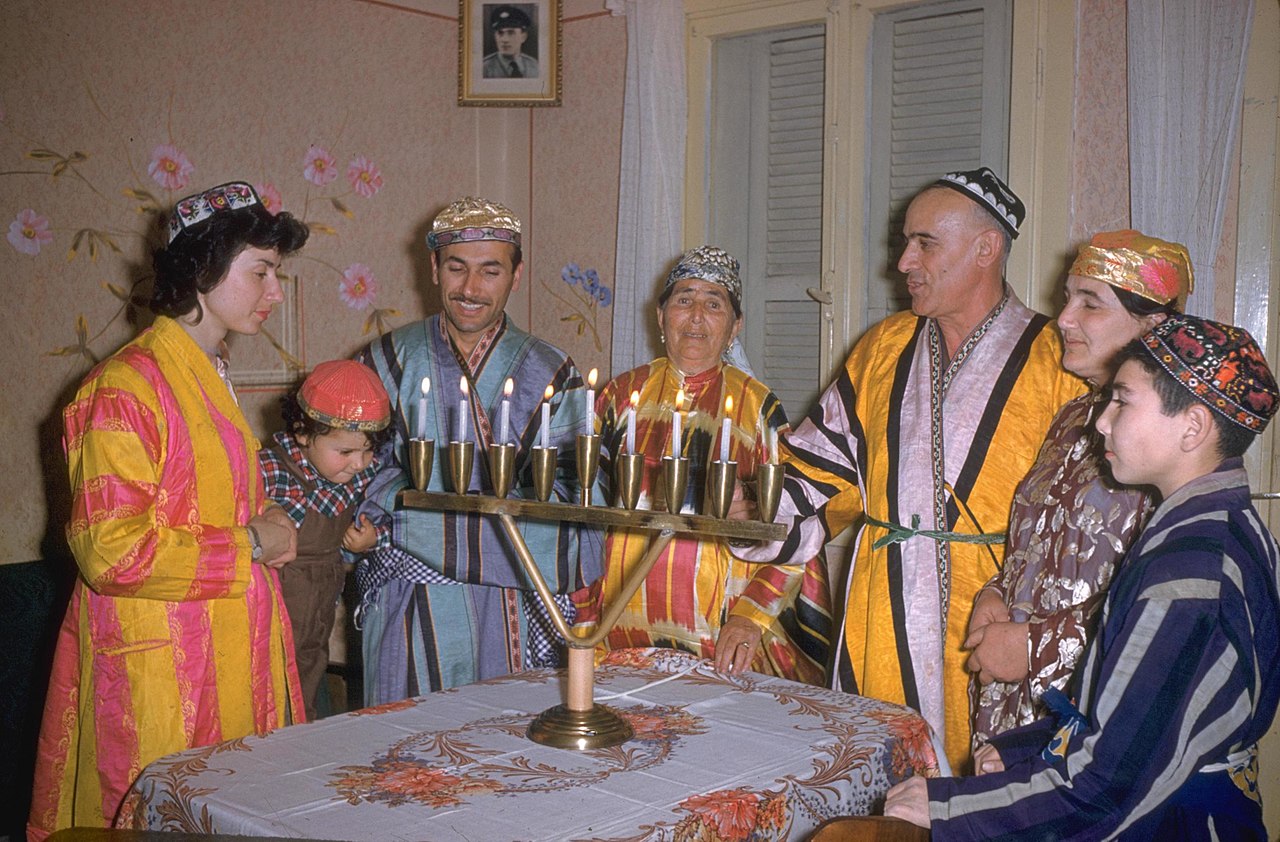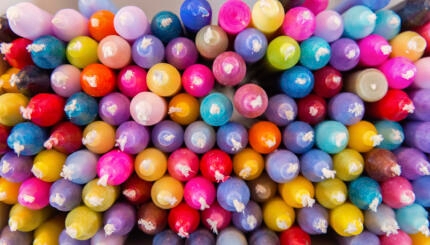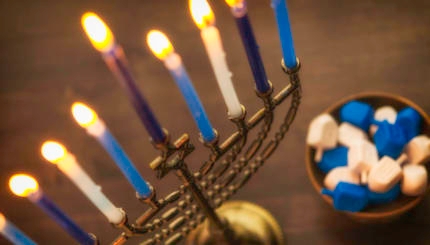The Rabbis speak of two different kinds of miracles that the proclaims. We must decide whether to believe in and propagate either.
The Miracle of the Oil
The miracle recalled in the speaks of a cruse of oil that burned for eight days instead of one. That is a supernatural miracle violating the laws of nature. Taken literally, it promotes a belief in supernatural intervention. It may even denigrate human effort. Perhaps that kind of belief explains why Lubavitch Hasidim refused to wear gas masks during the Iraqi missile attacks on Israel in 1991 when chemical warheads were feared.
However, David Hartman argues that the miracle of oil is only a symbol that arouses human faith. When human beings are willing to believe that more is possible than meets the eye, then they will invest in historical projects like the Maccabean Revolt and the Declaration of the Independence of Israel in 1948 even against all odds. Our presupposition that a cruse of oil cannot burn for eight days, that it is a natural impossibility, is only a symbol of the mistaken belief in the historical impossibility of change.
The Miracles of the Few Against the Many
Even if we cannot embrace the miracle of the cruse of oil, the Rabbis offered a different kind of miracle to celebrate. The Rabbinic prayer for Hanukkah, Al Hanisim, ignores the miracle of the oil and speaks of a general phenomenon possible in every generation whereby God helps human beings to bring about miraculous rescues from historical oppressors. This belief in God’s miracles does not undermine human effort but causes it to redouble. The miracle is “natural” within the realm of historical possibility, yet inconceivable and unattainable by oppressed peoples who don’t believe in its possibility.

Help us keep Jewish knowledge accessible to millions of people around the world.
Your donation to My Jewish Learning fuels endless journeys of Jewish discovery. With your help, My Jewish Learning can continue to provide nonstop opportunities for learning, connection and growth.
In the Exodus from Egypt, God initiates the miracles for a passive, despairing people of slaves. However, on Hanukkah, first the martyrs like Hannah and then the zealots and the warriors initiate the redemptive process. In a world where God seems eclipsed, where there are no supernatural signs and no prophets, where the leading priests accepted Hellenism as a boon, the Maccabees bear witness to another dimension. They evaluate the world differently and they believe in a Divine power whose hidden will becomes manifest. The Rabbis celebrated the political and military manifestation of God’s miracle in the Maccabees’ victory.
Personally, I prefer the miracle of the few against the many. I need to reject the miraculous long-burning cruse of oil lest I be understood as an anti-rationalist or passive Jew. But perhaps beyond my polemic against the childish legend, I need to mature and to reinterpret both kinds of miracles as opening me up to other dimensions, to possibilities in myself and in my world that I have too quickly foreclosed. Believing in miracles is another way of learning to keep my options open and letting myself be surprised.
Reprinted with permission from A Different Light: The Big Book of Hanukkah published by the Shalom Hartman Institute and Devora Publishing.
Explore Hanukkah’s history, global traditions, food and more with My Jewish Learning’s “All About Hanukkah” email series. Sign up to take a journey through Hanukkah and go deeper into the Festival of Lights.



